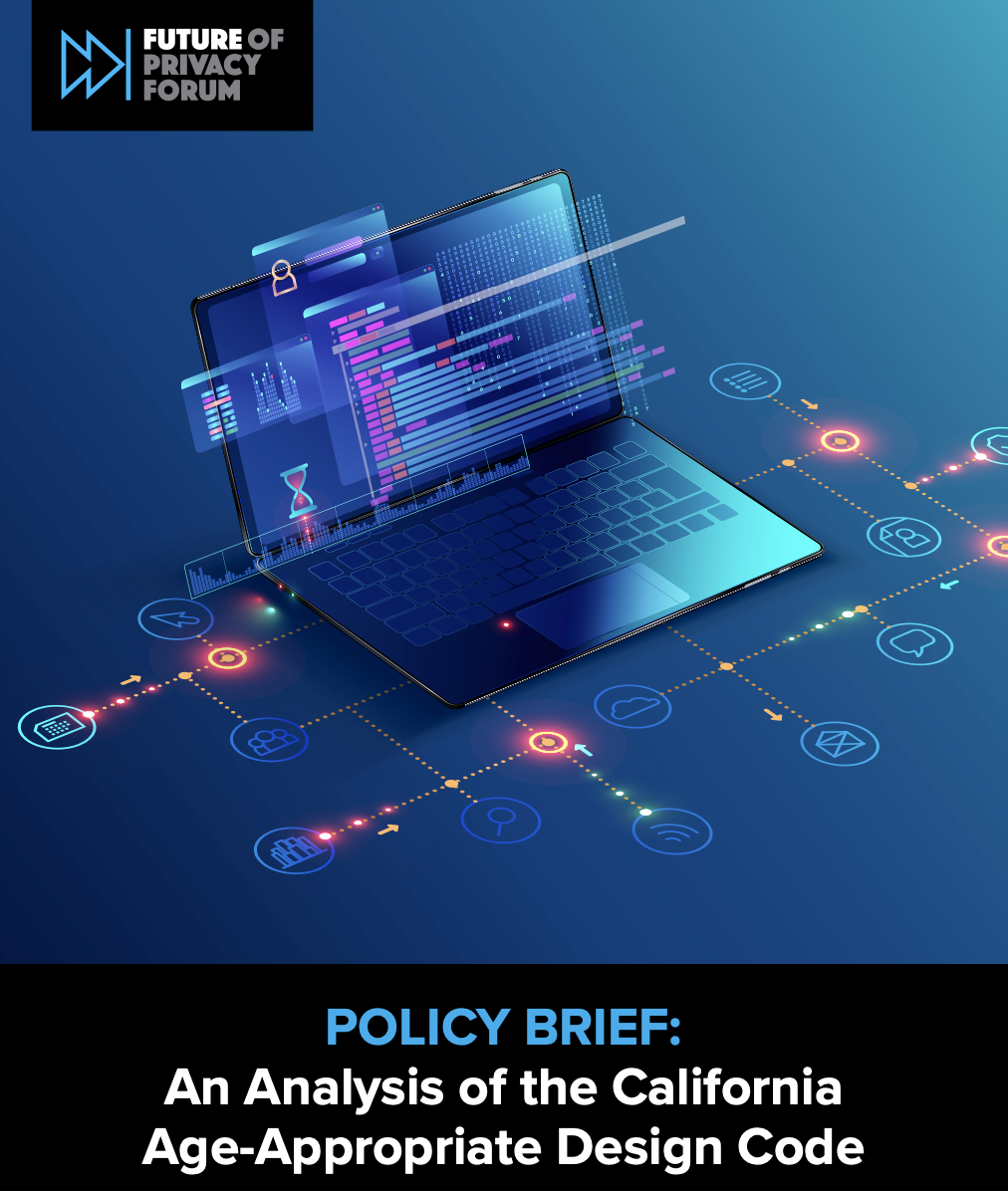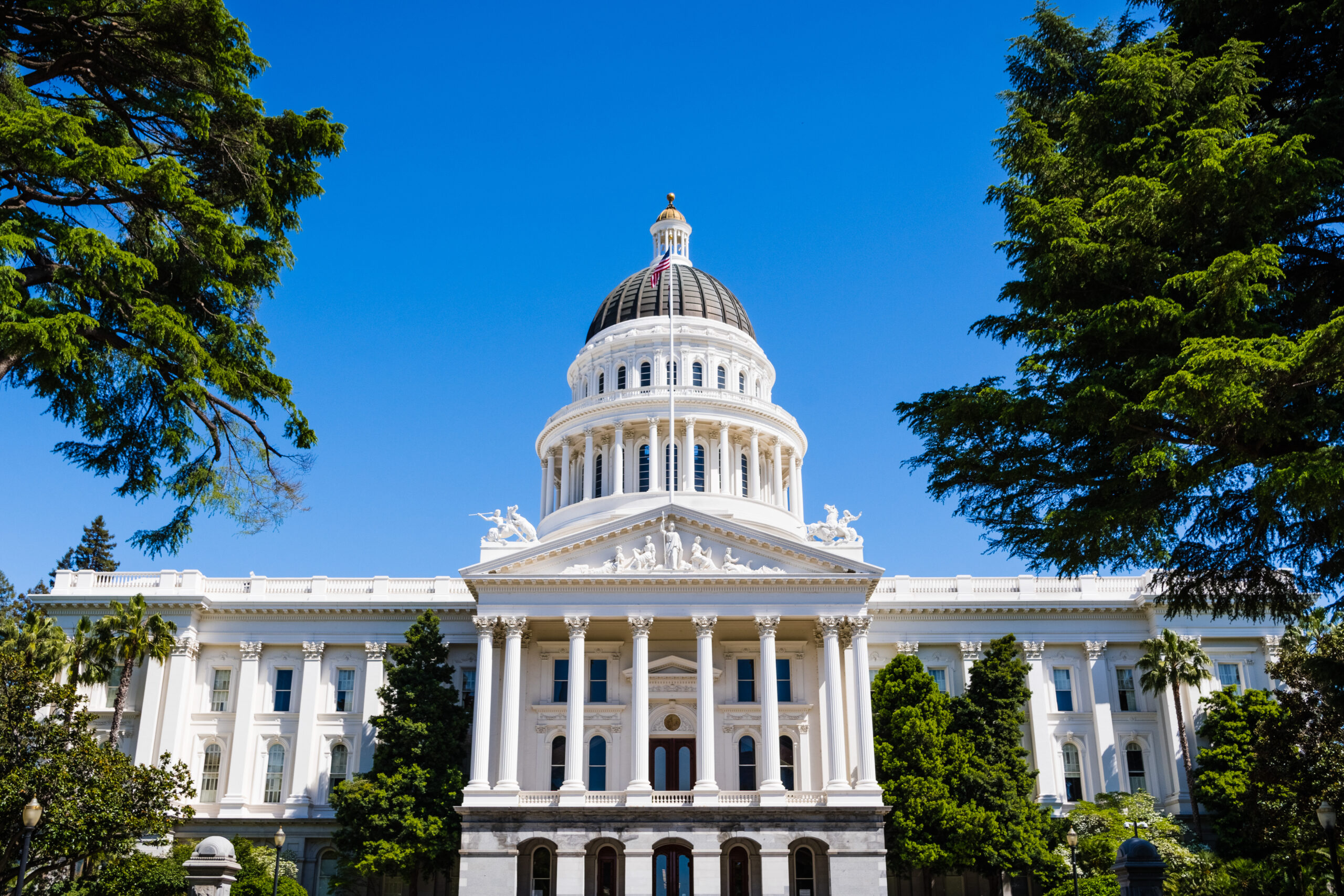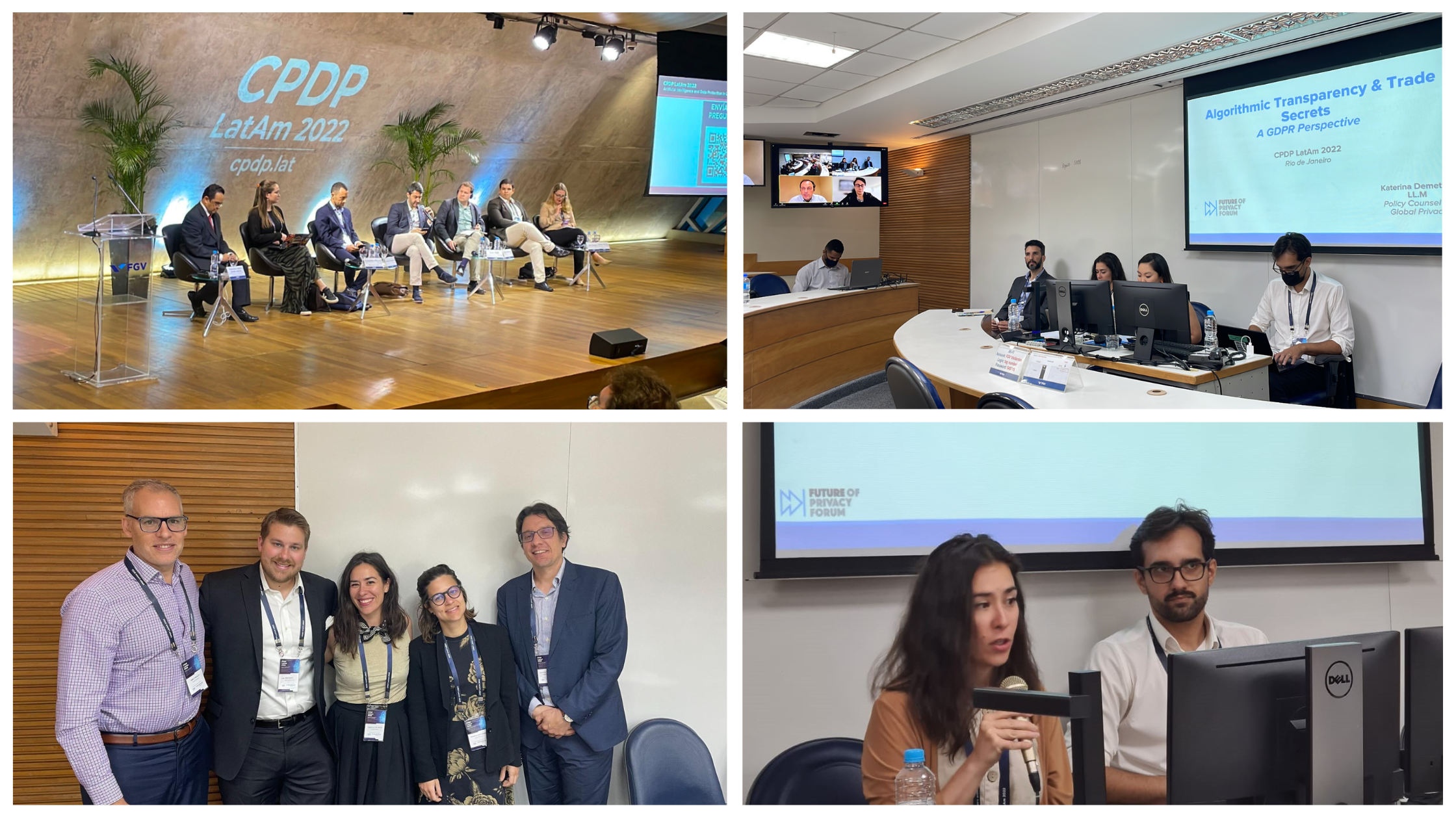
Automation Without Artificial Intelligence? Understanding Robotic Process Automation
Robotic Process Automation (RPA) is the automation of office processes through the development of robots or more specifically, software applications, which fully or partially automate office tasks normally performed by humans. RPA is proposed to provide several benefits including gains in accuracy, efficiency, and speed as well as freeing workers from tedious tasks to focus […]

Media
Media Inquires Please contact us at [email protected] call us at (202) 643-9853 Join our Press List Locations USA Future of Privacy Forum1350 Eye Street NWSuite 350Washington, DC 20005 Europe Future of Privacy ForumAvenue Marnix 171000 Brussels, Belgium Asia Future of Privacy Forum9 Straits View #06-07Marina One West Tower018937 SingaporeRepublic of Singapore Middle East Israel Tech […]

FPF Releases Analysis of California’s New Age-Appropriate Design Code
FPF’s Youth & Education team is pleased to publish a new policy brief that builds on this first brief by providing a comparative analysis of the United Kingdom’s Age Appropriate Design Code (UK AADC) to the California AADC, which was modeled after the UK AADC. Learn more and download the UK and CA AADC Comparative policy brief here. […]

Judge declares Buenos Aires’ Fugitive Facial Recognition System Unconstitutional
On September 7, a trial judge declared the implementation of the Fugitive Facial Recognition System (SRFP, for its name in Spanish) by the Government of the City of Buenos Aires unconstitutional. The decision set an important precedent for risks associated with privacy and intimacy in public spaces in the context of public surveillance for law […]

FPF Participates in FTC Event on “Commercial Surveillance and Data Security” Proposed Rulemaking
Yesterday, FPF Senior Director for U.S. Policy Stacey Gray participated in a panel discussion hosted by the Federal Trade Commission (“FTC”) regarding its Advance Notice of Proposed Rulemaking (“ANPR”) on “Commercial Surveillance and Data Security” (comments start at 1:39:00). Feedback from the public forum is intended to help inform the Commission’s decision whether to proceed […]

Age-Appropriate Design Code Passes California Legislature
Update: On Sep 15, 2022, California Governor Gavin Newsom signed AB 2273, the California Age-Appropriate Design Code Act. The law will apply to businesses that provide online services, products, or features likely to be accessed by children and broadly requires businesses to implement their strongest privacy settings by default for young users up to the age of […]

ETSI’s consumer IoT cybersecurity ‘conformance assessments’: parallels with the AI Act
In early September 2021, the European Telecommunications Standards Institute (ETSI) published its European Standard to lay down baseline cybersecurity requirements for Internet of Things (IoT) consumer products (ETSI EN 303 645 V2.1.1). The Standard is a recommendation to manufacturers to develop IoT devices securely from the outset. It also provides an internationally recognized benchmark – […]

Introduction to the Conformity Assessment under the draft EU AI Act, and how it compares to DPIAs
The proposed Regulation on Artificial Intelligence (‘proposed AIA’ or ‘the Proposal’) put forward by the European Commission is the first initiative towards a comprehensive legal framework on AI in the world. It aims to set rules on specific AI applications in certain contexts and does not intend to regulate AI technology in general. The proposed […]

FPF at CPDP LatAm 2022: Artificial Intelligence and Data Protection in Latin America
This summer the first-ever in-person Computers, Privacy and Data Protection Conference – Latin America (CPDP LatAm) took place in Rio de Janeiro on July 12 and 13. The Future of Privacy Forum (FPF) was present at the event, titled Artificial Intelligence and Data Protection in Latin America, participating in two panels and submitting a paper […]

New Report on Limits of “Consent” in Vietnam’s Data Protection Law
Today, the Future of Privacy Forum (FPF) and the Asian Business Law Institute (ABLI), as part of their ongoing joint research project: “From Consent-Centric Data Protection Frameworks to Responsible Data Practices and Privacy Accountability in Asia Pacific,” are publishing the ninth in a series of detailed jurisdiction reports on the status of “consent” and alternatives […]
